On September 11, the Iowa Supreme Court ruled that Libertarian candidates running for Congress in three of the state’s districts would be prohibited from appearing on the November election ballot.
This ruling confirmed a split 2-1 State Objections Panel decision that removed the Libertarian party’s candidates in late August over accusations that the party failed to properly follow state laws around candidate nomination.
Candidates Challenged

Libertarian candidates in Iowa’s 1st, 3rd, and 4th districts were challenged by Republican voters alleging that the Libertarian Party of Iowa failed to hold valid county conventions for nominating the candidates.
According to Republican attorney Alan Ostergren, a technicality arose because the nomination conventions were held the same day as the party’s precinct caucuses, making the nominating procedure invalid under state law.
Convention Delegates
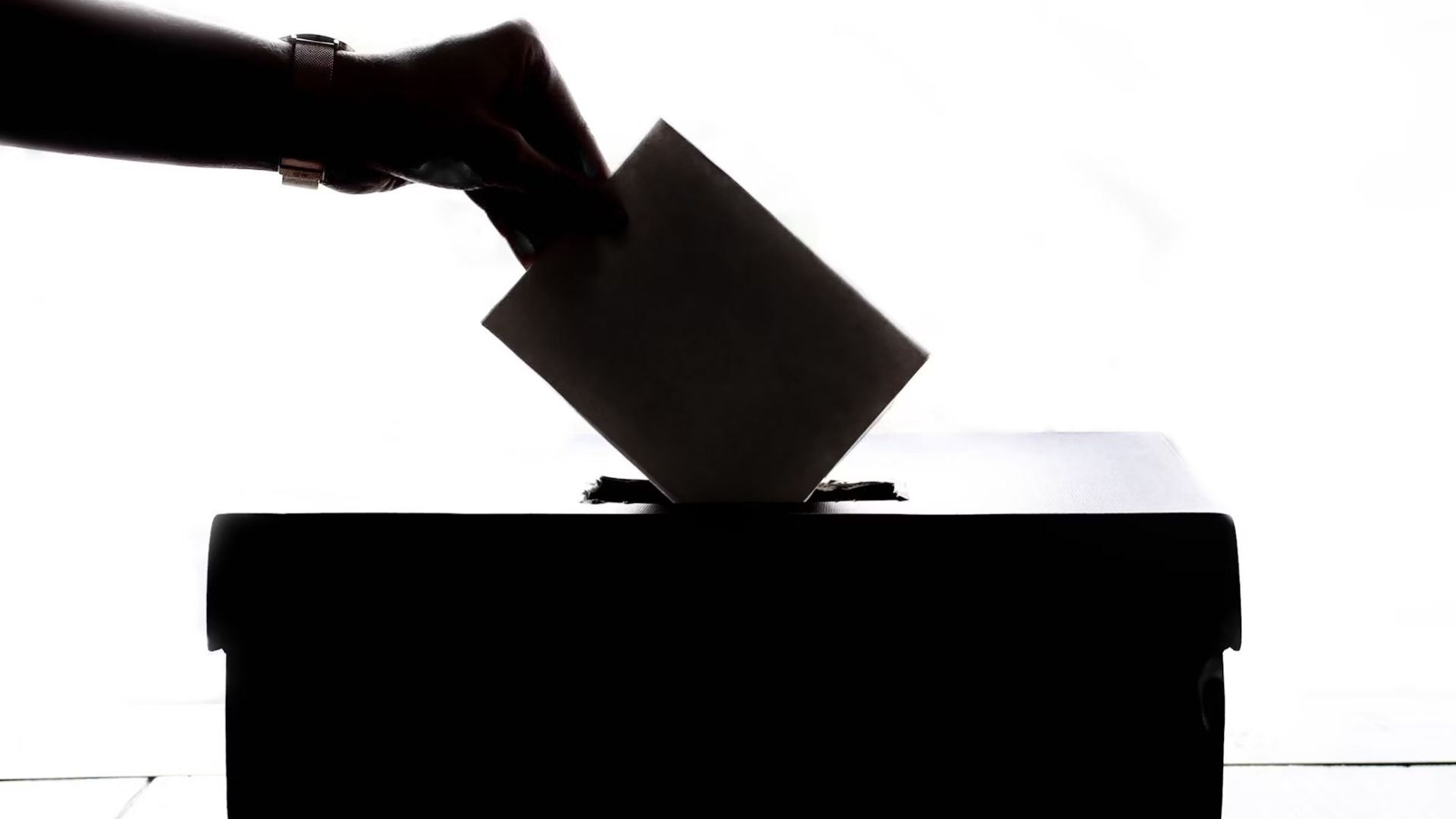
Because these two events were held on the same day, January 15, the process violated Iowa law that demands convention delegates selected through caucuses not officially begin their duties until the day after they are selected.
According to Ostergren, this action by the Libertarian Party made nomination conventions, including a special June 8 nominating convention improper under state law.
Rules are Rules

Iowa Secretary of State Paul Pate, a Republican and one member of the panel, expressed regret at the outcome but conceded that following the rules is critical for elections.
“It’s not an ideal situation but the rules are the rules,” Pate said. “And I, as the commissioner of elections, don’t get to make them up, I get to enforce them as they are. … I respect the fact that there’s a lot of passion, both by the candidates and by the political parties, and I just hope that they take some time to understand this is an important step to be a candidate. And if you want to do that, you need to do your homework. You need to know what you have to get done to be a successful candidate, to get past the start of the block. That failed to happen.”
Embarrassing
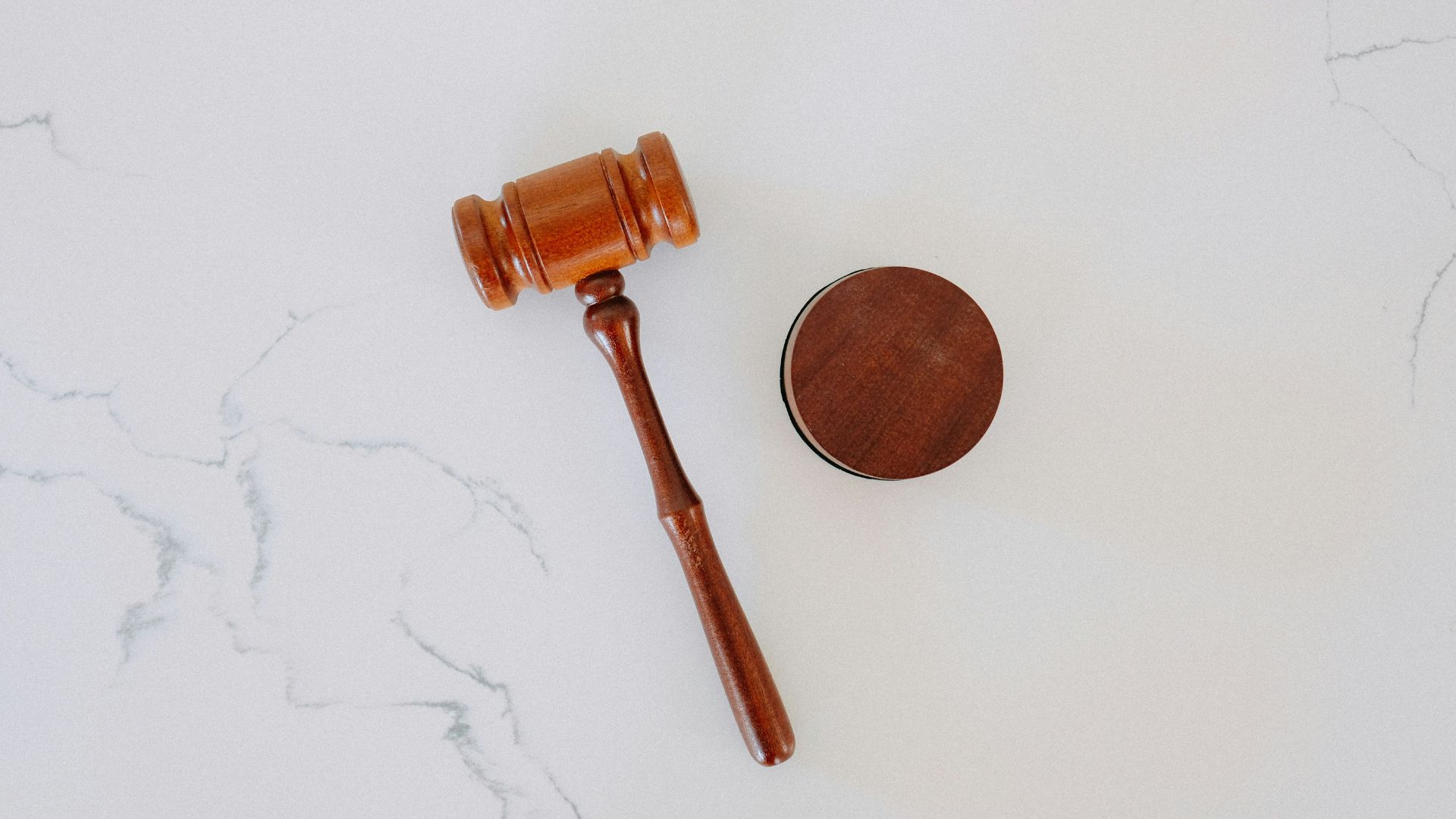
In response to the ruling by the State Objection Panel in late August, Iowa Libertarian Party Chair Jules Cutler described the incident as “embarrassing.”
“It is a learning process, it is growing pains,” Cutler said. “But at the end of the day, we are substantially compliant with the law.”
Objecting to the Candidate Challenge

Auditor Rob Sand, the only Democrat on the panel, objected to the challenges from Republican voters, asserting that they did not have proper standing.
“The statute lays out what you can object for, it doesn’t say you can poke around in a minority party’s business and try to find something where they screwed up to make an objection to,” Sand said in a news conference. “Our job here is not to err on the side of kicking people off the ballot. Our job is to err on the side of keeping them on.”
Iowa Supreme Court Decision
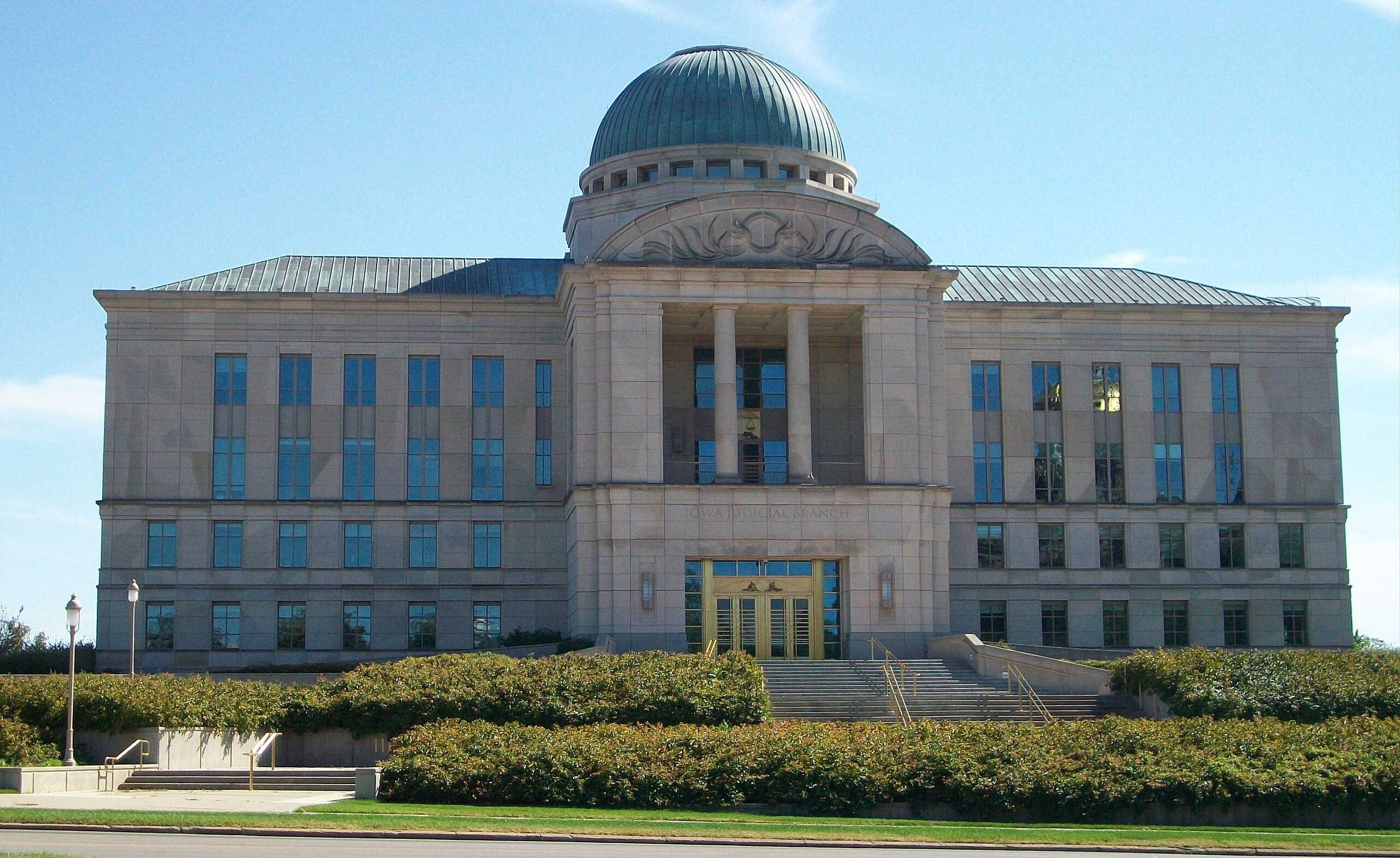
Now, in a September 11 decision, the Iowa Supreme Court affirmed the panel’s split ruling, handing down an unsigned decision through an expedited process.
The court ruled that “strict compliance” is required by the Iowa legal code regarding the nomination and election process.
Not Unfair
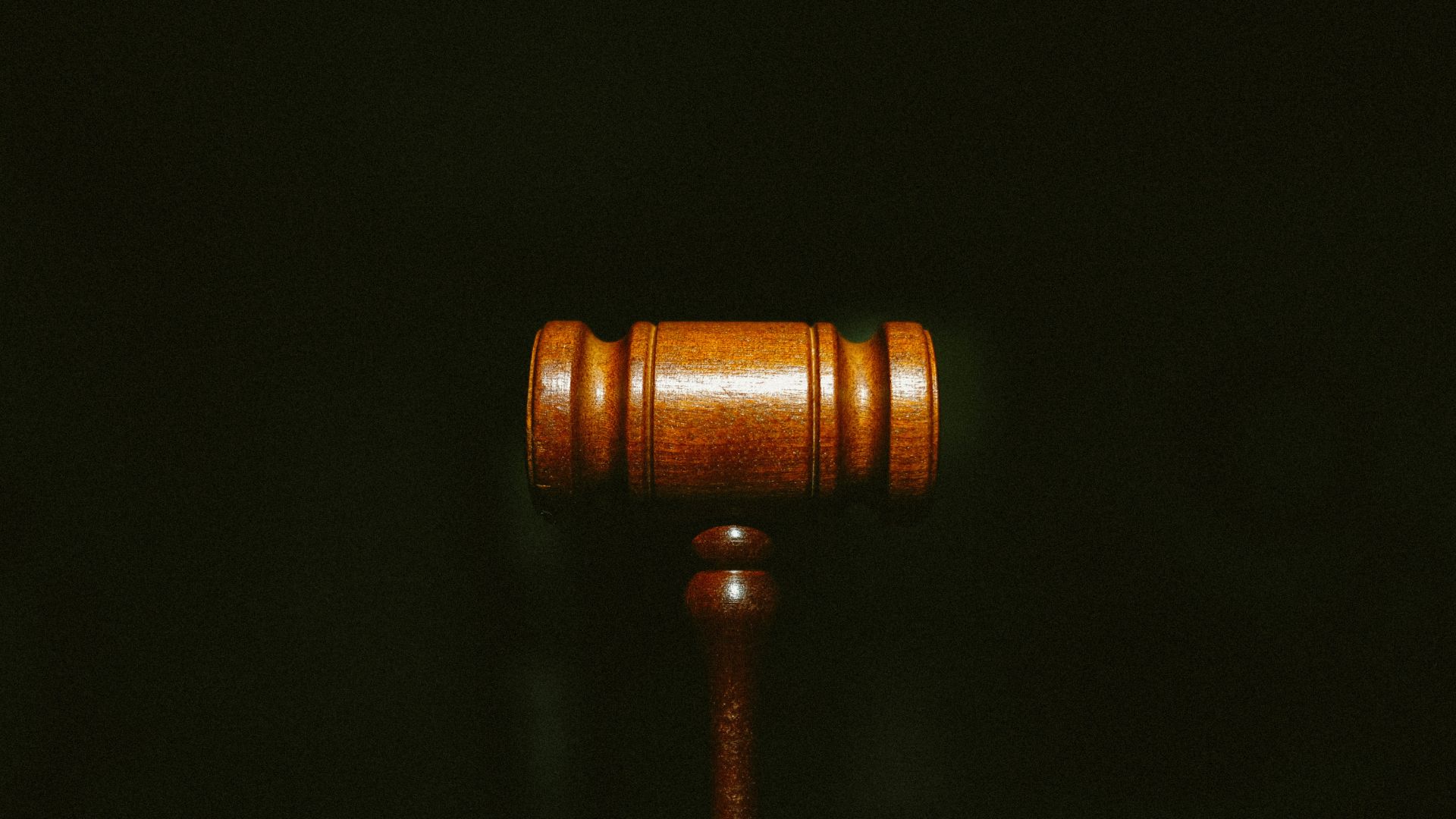
Though some might see the decision to prohibit the candidates from being on the ballot as unfair because of a “technicality,” the court disagreed.
“We are not persuaded that strict compliance with Section 43.94 is fundamentally unfair,” the court wrote.
Alternative Procedure
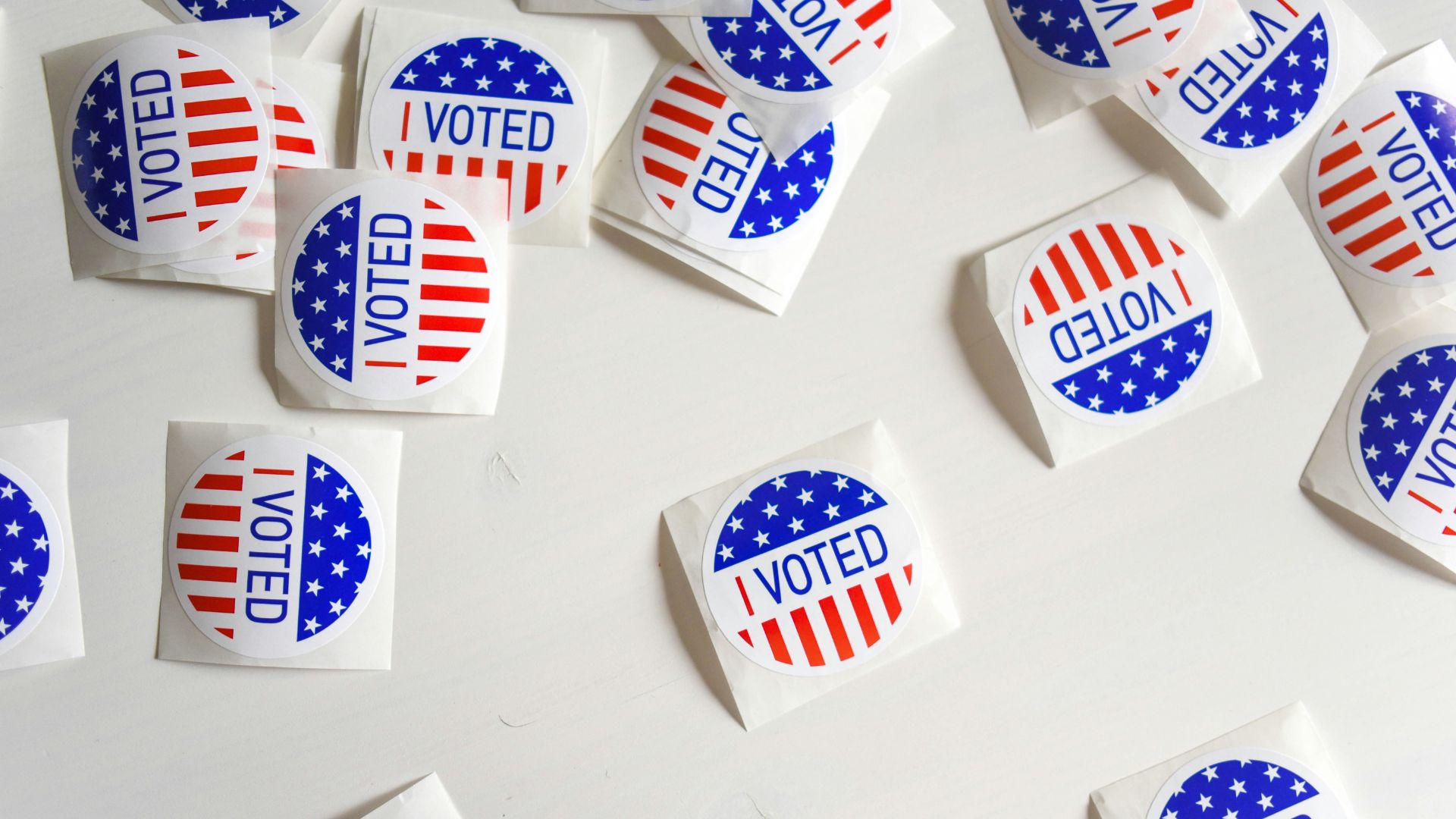
The justices in the case argued that the Libertarian Party’s fumble doomed these candidates from being considered for qualification.
“[The candidates] could have qualified for the November general election ballot by filing nomination petitions with signatures like the other political party candidates,” the justices wrote in the decision. “They relied instead on an alternative procedure afforded by Iowa law. Having done so, they had to be in compliance with that procedure. In sum, like the district court, we find that strict compliance was required and the Libertarian Party did not comply.”
First Amendment Question
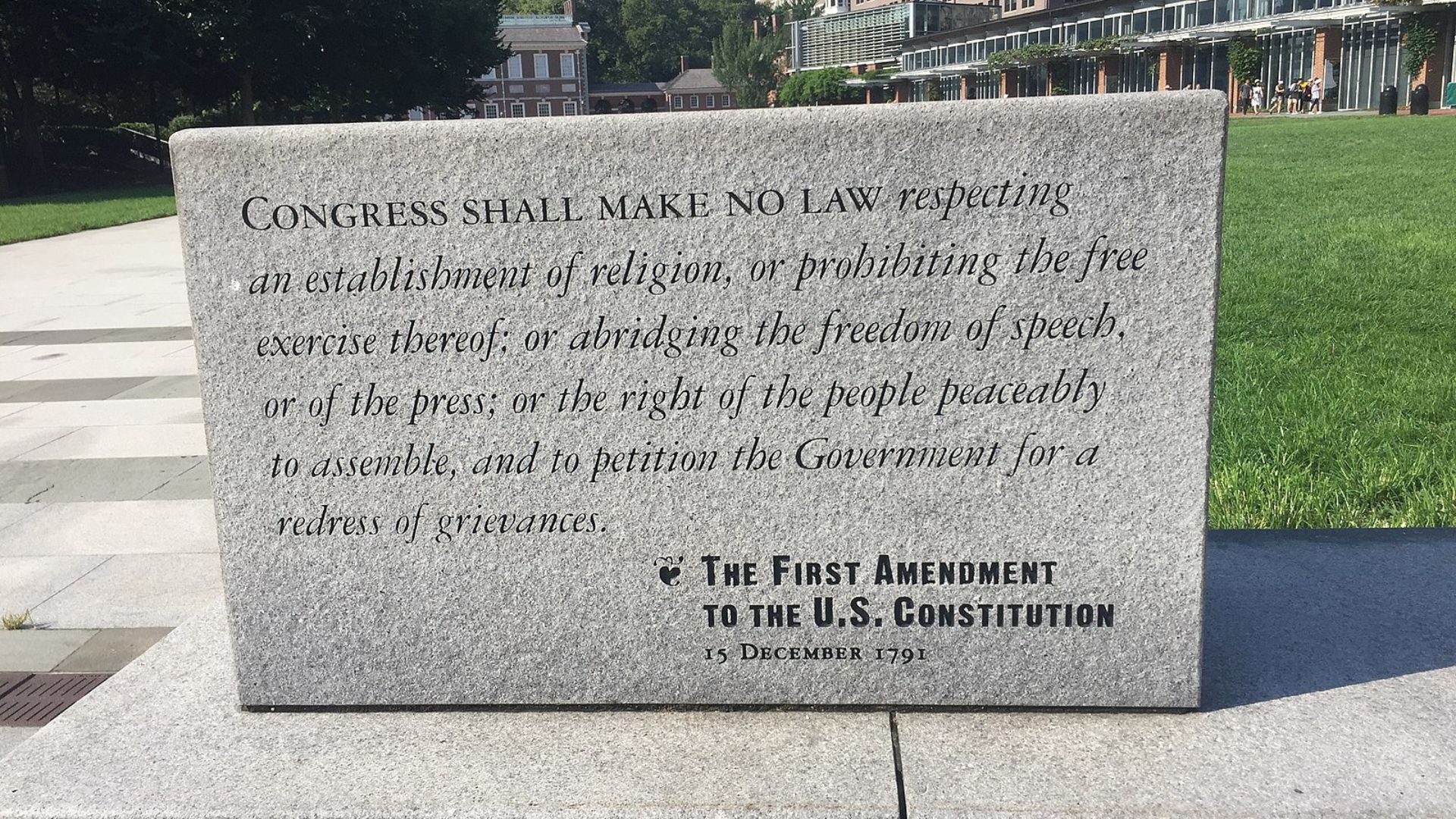
Attorneys for the Iowa Libertarian Party argued in the case that the decision to bar the candidates from the ballot violated First Amendment rights of free association.
Their argument asserted that the government’s interference in the internal workings of a political party constituted this violation. However, the court ultimately rejected the argument, saying the Iowa law is “well within the boundaries tolerated by Supreme Court precedent.”
Not Giving Up
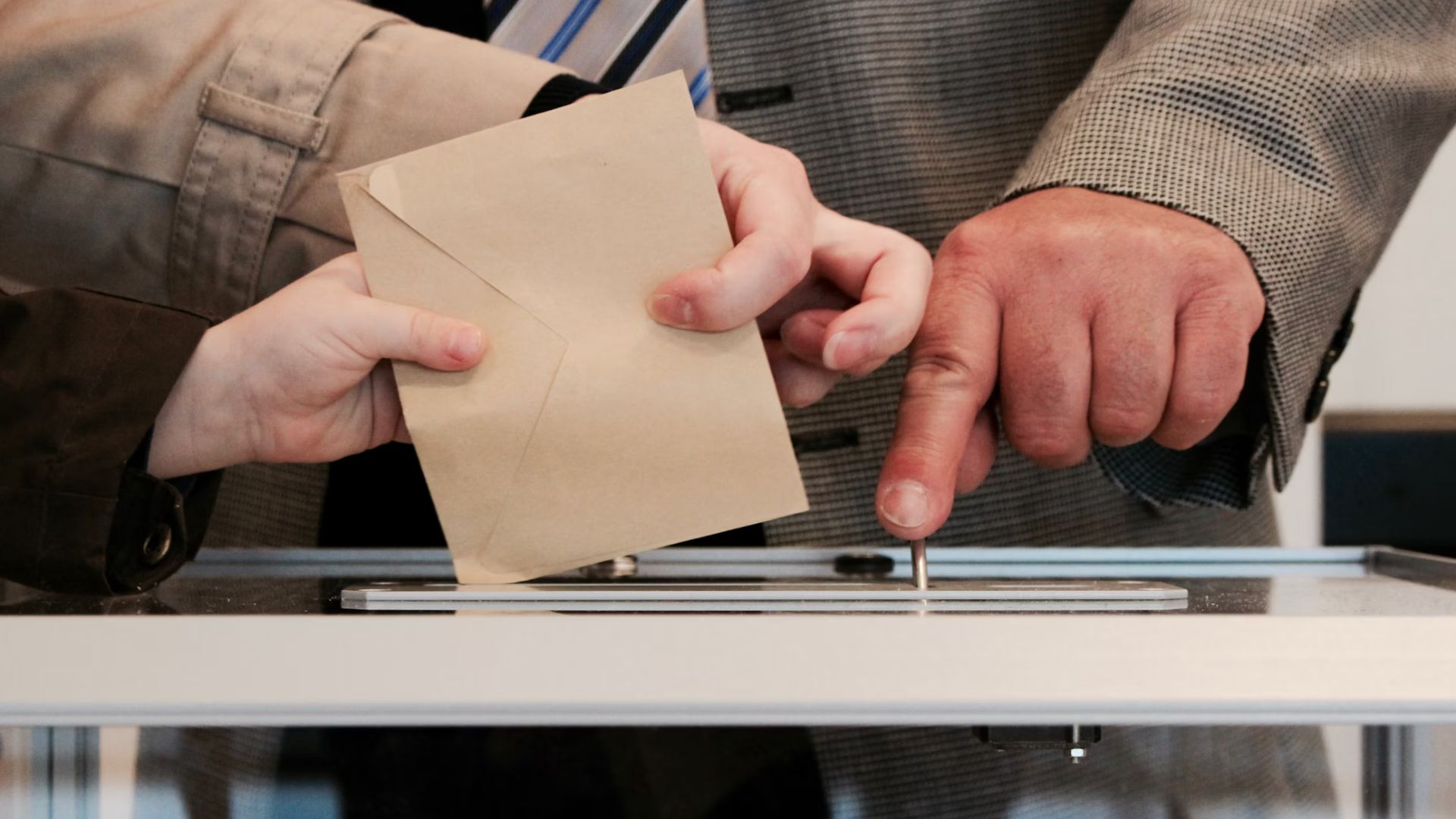
The three Libertarians affected by the ballot prohibition have declared they will conduct write-in campaigns despite the setback.
“This decision may have taken our names off the ballot, but it will not silence the voices of liberty in Iowa,” said Cutler. “We encourage voters to write in our candidates’ names to ensure that liberty and choice are still represented in this election.”
Impact of the Decision
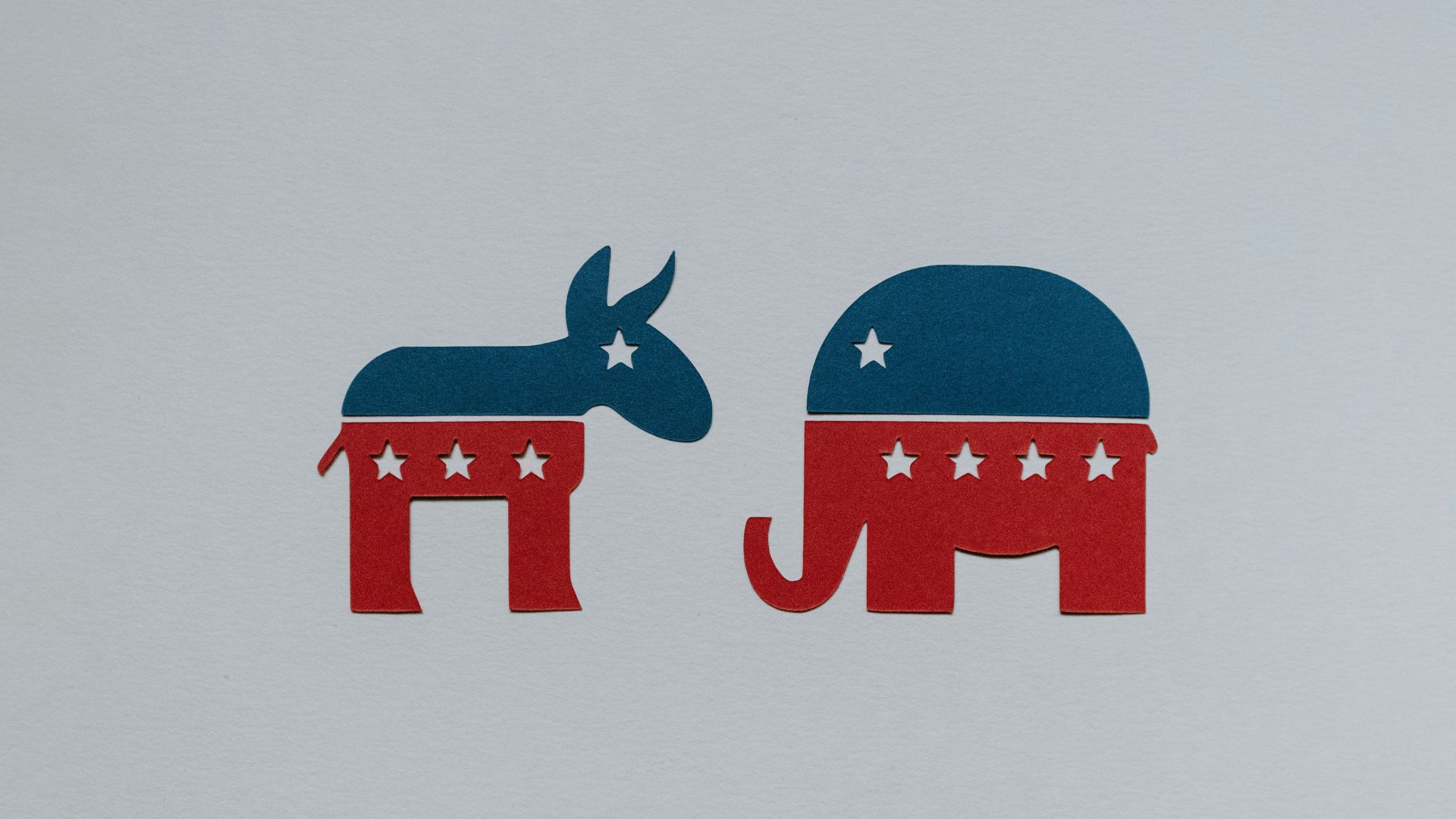
The move by Republican voters to challenge the Libertarian candidates could have some political benefit for them as these candidates will likely receive much less support as write-in candidates.
The first and third Iowa districts now no longer have third-party challengers and are areas heavily contested by Democrats and Republicans. In 2020, Republican 1st district challenger Ashley Hinson unseated the Democrat incumbent by only a few percent points.
